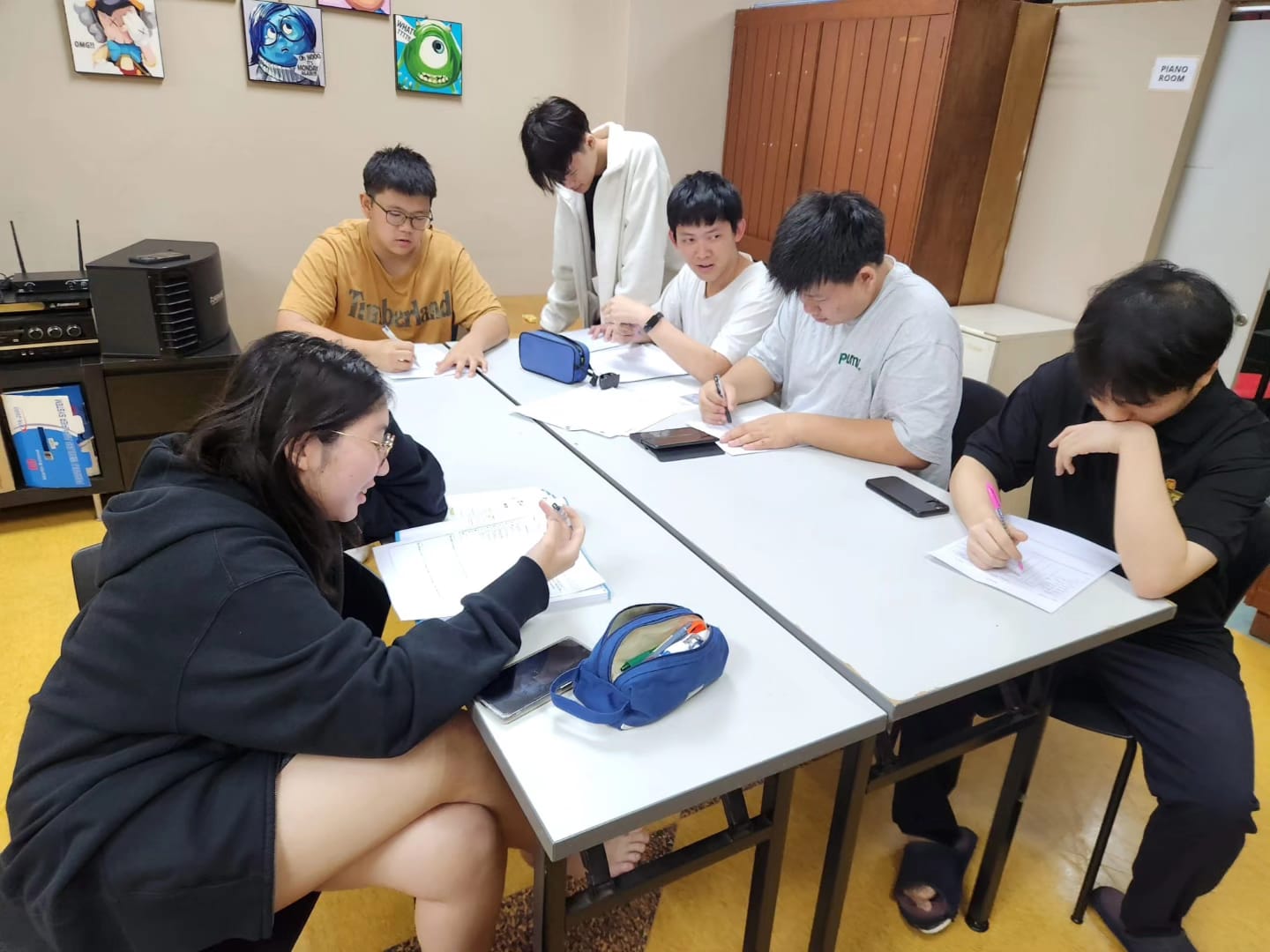As Milchelians set their academic goals, the journey doesn’t end there; it’s just the beginning. We – parents, guardians, and coordinators – play a crucial role in the follow-up. This is to ensure that the energy gained from goal setting translates into on-going success.
The Importance of Follow-Up
After the initial excitement of goal setting, it’s important to maintain a constant and supportive role in Milchelians’ educational journey. Regular check-ins and discussions about progress create an environment where goals aren’t just set but are actively pursued.

Celebrating Achievements
Recognizing and celebrating small victories is key to maintaining motivation. Whether it’s improved grades, completion of a challenging project, or personal growth, acknowledging achievements promotes a positive mindset in children. This also reinforces the value of setting and attaining goals.
Adjusting Goals
As Milchelians progress, goals may need adjustment. We must encourage open communication about challenges and aspirations. Furthermore, we must be ready to listen to what our children say. More importantly, we must be willing to let our children adjust their goals to align with their interests and capabilities. This flexibility ensures that goal setting remains a dynamic and meaningful process.

Identifying Challenges
Regular follow-up allows us, guiding adults, to identify any challenges Milchelian learners may be facing. Whether it’s difficulties with specific subjects, time management issues, or personal struggles, addressing challenges promptly ensures timely support and intervention.
Encouraging Reflection
Engaging Milchelians in reflective talks about their goals is also crucial. Encouraging them to assess what worked well and what could be improved is a helpful strategy. Moreover, guiding our children and teens how they can apply these insights to future goals is key. This reflective process instils a habit of self-awareness and continuous improvement.

The Consequences of Neglecting Follow-Up
While goal setting is a powerful tool, neglecting follow-up can lessen its impact. Without on-going support and encouragement, goals may lose their significance, and Milchelians’ initial energy may decline. This could result in a lack of motivation, direction, and a missed opportunity for continuous growth.
Conclusion: A Lifelong Journey of Success
In conclusion, goal setting is not a one-time event, but a continuous journey. By actively following up, parents, guardians, and coordinators contribute to the development of skills such as awareness, perseverance, adaptability, and self-reflection. This on-going support ensures that the benefits of goal setting extend beyond the initial stage. By doing so, we are guiding Milchelians towards a lifelong journey of academic success and personal growth.

